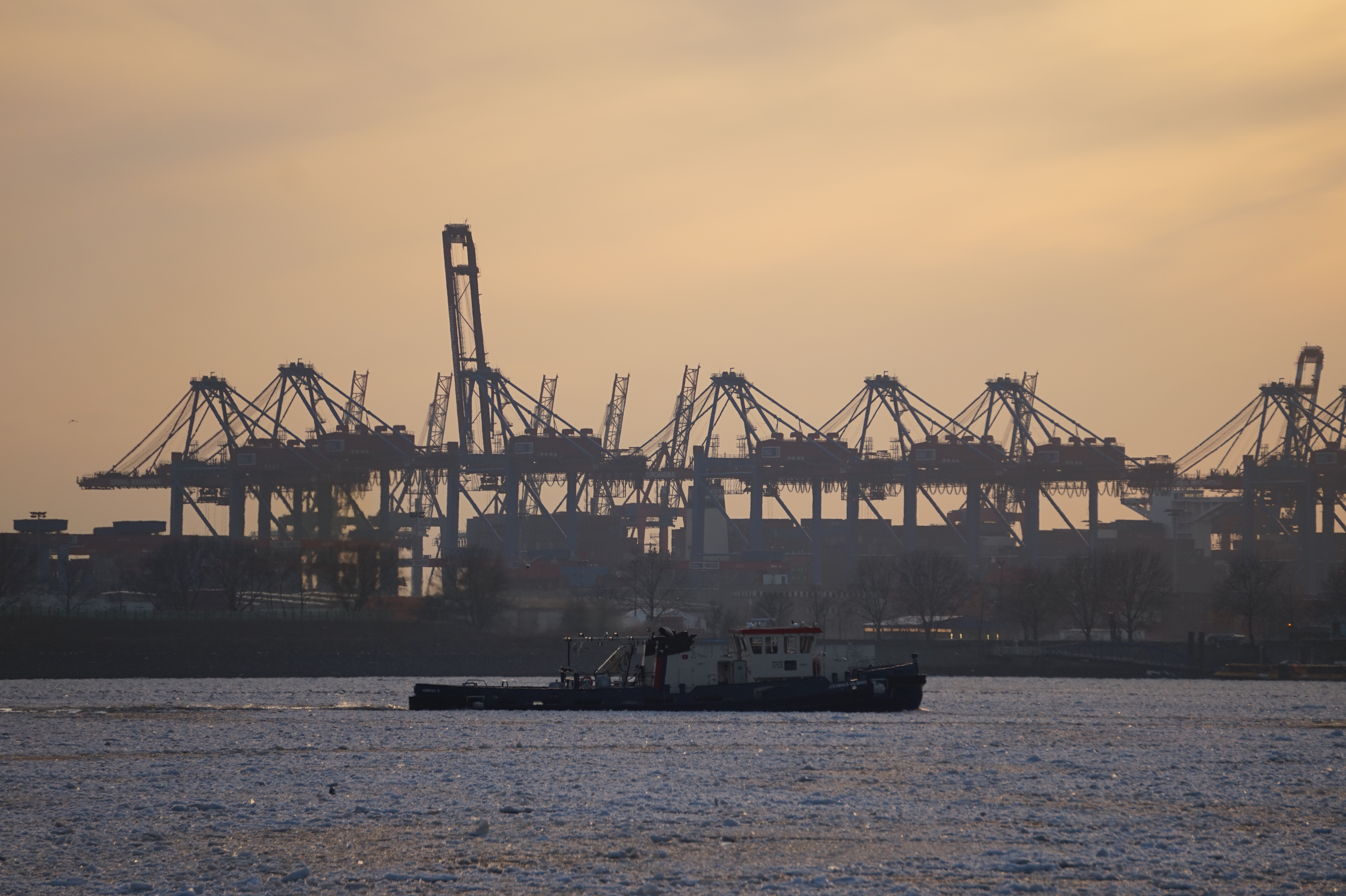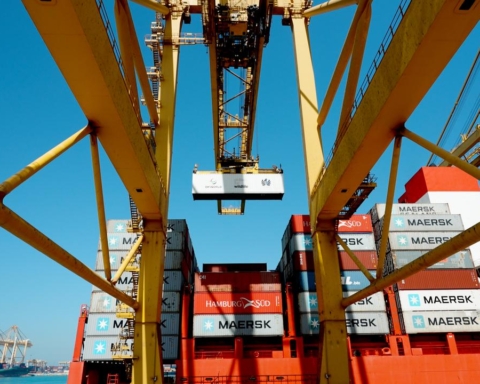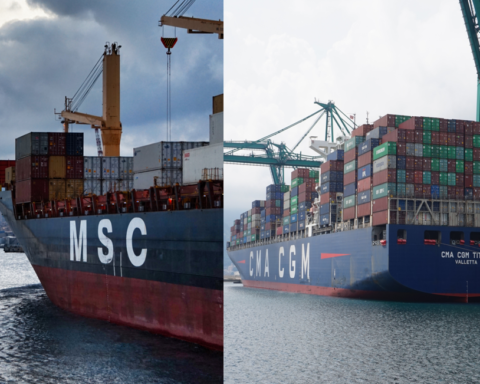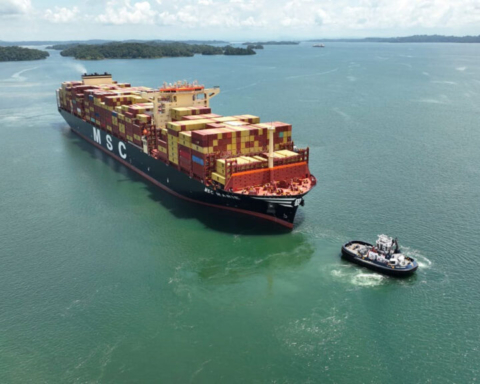The German federal government closed the deal on the Chinese shipping company Cosco’s stake in a Hamburg port terminal.
The Ministry of the Economy announced it, specifying, that it would be 24.9 % stake and not a 35% one as originally planned.
In September 2021, Cosco announced its intention to invest 65 million euros in acquiring a minority stake (35%) in Hamburger Hafen und Logistik Container Terminal Tollerort, which operates the Tollerort container terminal in the German port of call.
The deal was not finalized due to delays that Cosco had formally attributed to the breach of certain contractual conditions. The truth of the matter was that it was due to Berlin government being strongly opposed to the expansion of the Chinese sphere of influence right into the heart of European ports.
Two months ago, in fact, the German Minister of the Economy, Robert Habeck, in an interview with Reuters, stated that he was inclined not to allow the agreement, in order to avoid handing over a stake in critical German infrastructure to China.
Today the compromise came. According to the German government, the smaller stake will prevent Cosco from exerting a decisive influence on decisions at the Hamburg terminal. The 25% threshold cannot be exceeded in the future without a new investment review procedure.
On social media the well-known maritime expert, Theo Notteboom, said he failed to understand the reasons for a dispute over Cosco’s possible stake in the Tollerort port terminal.
Referring to various research papers, including one he published in 2017 together with Francesco Parola, Giovanni Satta and Thanos Pallis, Notteboom points out that a carrier’s stake in a terminal provides the latter with the best guarantee of acquiring new traffic.
In addition, one of the studies that Notteboom had worked on with Dong Yang and Lu Li it highlighted that in similar operations the level of success was directly proportionate to the Chinese investor’s stake. Moreover, Cosco is a huge, state-owned company with one of the largest fleets in the world. According to the expert, the Hamburg terminal therefore has a very good chance of seeing its market share increase exponentially.
Notteboom points out that similar deals had already been finalized in Rotterdam and Antwerp-Bruges. As a result, both ports had gained substantial market shares over the past fifteen years to Hamburg’s disadvantage.
In short, according to the shipping expert, there is more than one good reason to welcome the deal between Beijing and Berlin.
Translation by Giles Foster




